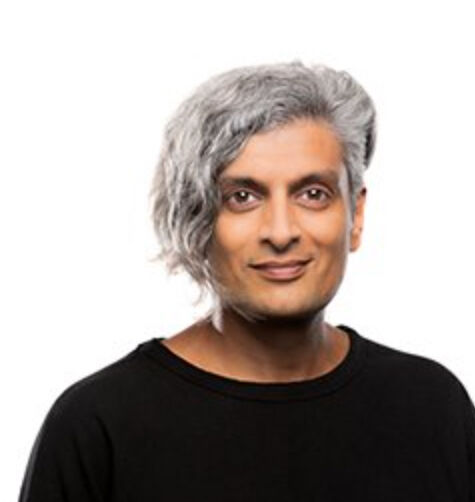Adamant in his argument against winter he plots the distance
to the horizon by graphing tree against green,
calculating the sum of the wind when yesterday is taken from it.
His azimuth splendor maps the city twice in time
and he feels the drag of the tide pulling him along through millennia
into other cities each of which existed here in this same place.
Afternoon in sunlight, he climbs up the mountain
away from the blue rebuke of the eternal shore
and arrives at the garden of flowers,
there being no more resistant surface upon which eternity
could make its useless claim, that the prayers you learned
all your life mean no more to you.
Thrust up from the dark of the earth only to wither,
how are flowers in any way supposed to understand god?
They are no better than a human body that seeds and sprouts and dies.
And even if a body were to remake itself or rename itself as different matter
what would it matter? Briefly he wonders: is he a river then,
furiously plotting a course. Or is he the boat floating down it or the person inside?
No mathematics can draw the geometry of the path of a city that doesn’t exist.
The storm of his body won’t abate, its numbers irrational, tempers extreme
like that of another poet-mathematician who lived a thousand years back or maybe
one who lived a thousand years on, drawing patterns in stone to cut for tiles,
piecing together a map of the universe: seven small planets swinging
their cosmography of charlatan destinies. Is that his future or history unmapped?
He remembers that Ali warned the astrologers to cease telling fortunes
not on account of potential infidelity but because the book of the heavens
was impossibly infinite and so many stars yet unseen and uncharted
that any divination risked planetary imbalance. And so he never knew
which of the still uncharted constellations truly governed his kismet:
Fairy Prince. Lonely Brother. Angry Son.
At any rate, stubborn as a volunteer, he appears in the flower beds.
Annually he clamors to be, along with the hyancinths, tulips and orchids,
gathered and carried to portal adornment.
He learned his way to the heavens by guts and calculus,
that science meant to plot the relationship between different objects
unspeakable that move through the cosmos at varying speeds.
In the kingdom of heaven the belt of Orion is no belt at all
but stars separated by galaxies and light-centuries.
His hands on the bars of the garden gate grow dark in the dimming light.
It suddenly occurs to him the horizon is maybe nothing but the limit of what he sees.
It’s still a place to be paid homage to, not made pilgrimage to, never to reach it,
but worship it, fear it even, perhaps, like god, like the rubicund unfound planets,
like the end of the world, a cantata call to prayer that disappears
wistfully over the silver-leafed olive trees and cypresses
toward the now-dark unspooling devastation of the boundless sea—
